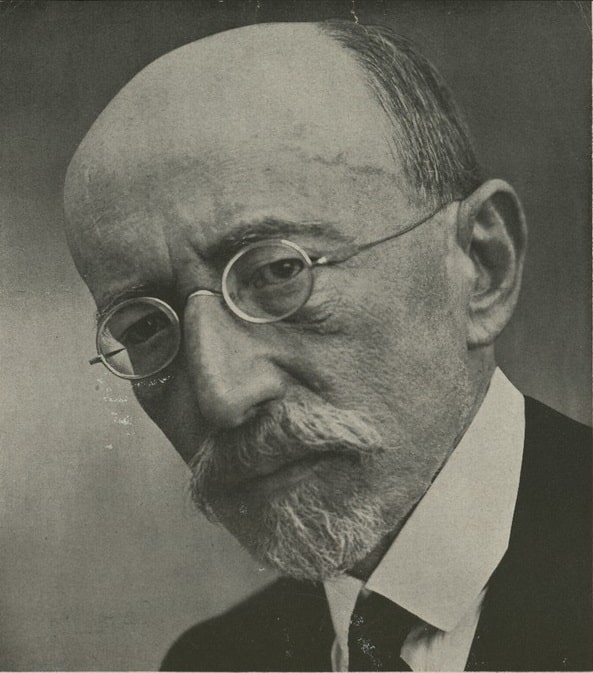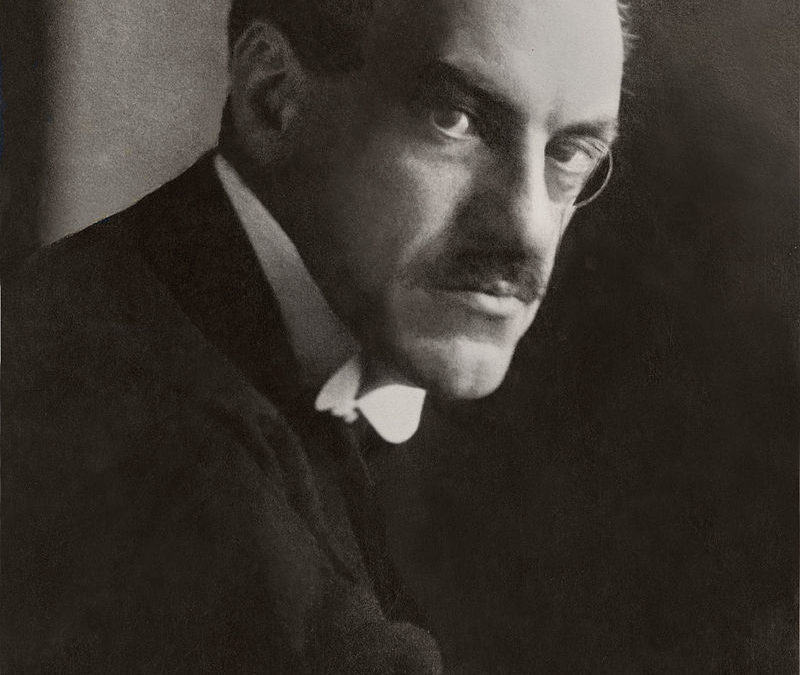If people individually own themselves and have a right to be free of aggressive force, then they have a right to change their location in ways consistent with other people's rights. Whether you call this moving around relocating, emigrating, or immigrating, doesn't much matter. The default position is that each individual may rightfully move to somewhere else permanently or temporarily. Inside the United States, nobody questions this. People freely move from state to state, etc., sometimes temporarily, sometimes permanently. They need no one's permission. Why should things be different when...















